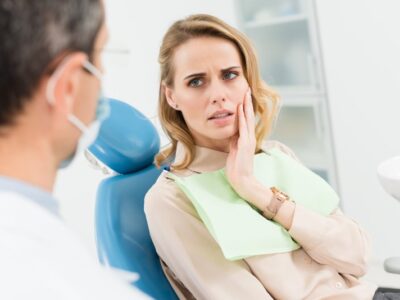
If you’re feeling frustrated by low sexual desire, you’re not alone. There are several medical conditions, social influences, and psychologic factors that can affect your sex drive. For example, women in menopause, depression, or diabetes may experience lower sex drive. Those who are struggling with low self-esteem or have relationship issues may also have problems with their sexual function. However, there are treatments available to help you overcome your problem.
One of the most common sexual dysfunction disorders is Hypoactive Sexual Desire Disorder (HSDD), which is characterized by a persistent lack of sexual craving. It is a condition that is most often diagnosed in women. This disorder can also affect males. The disorder is considered a form of female sexual dysfunction and is caused by a combination of emotional, physical, and psychologic factors. HSDD has been recognized by the World Health Organization’s International Classification of Diseases.
Although HSDD is the most common disorder, it is not necessarily the most common disorder. In fact, the overall prevalence of low desire among women in the US is three times higher than the prevalence of HSDD. A nationwide probability sample was used to assess the prevalence of this condition. Prevalence estimates were included in 95% confidence intervals.
HSDD can be treated by medication or therapy. There are some drugs available that are marketed specifically for the treatment of HSDD, including flibanserin, bremelanotide, and sildenafil. Some medications for depression and anxiety may also reduce your desire.
HSDD has been defined by the Diagnostic and Statistical Manual of Mental Disorders, Fourth Edition, as a chronic, persistent, and recurrent absence of sexual craving. HSDD is not necessarily associated with other Axis I disorders such as bipolar disorder, depression, or schizophrenia. Instead, HSDD is considered to be a disorder that is caused by personal distress. Therefore, the most effective approach is to address the underlying causes.
Low sexual desire is not a life-threatening disease. However, it can cause significant stress and decrease quality of life. People who are experiencing low desire can seek counseling to work through the issue. They can also improve their relationships and self-esteem. Changing medication and treating other health issues can also help.
HSDD is usually diagnosed after a period of normal functioning. During the time that a person is experiencing a lack of desire, they should consult with their doctor at prestigemensmedical.com or a sexual therapist. Once they know why they are suffering from this condition, they can find the best treatment options.
While HSDD is a condition that can be treated, it is not without its own set of complications. HSDD can lead to high personal and relational stress. HSDD is also a comorbidity of other medical and psychiatric disorders, such as anxiety, depression, and post-traumatic stress disorder.
Treatment for HSDD is focused on a person’s social, psychological, and biological needs. Therapy can increase a person’s confidence and self-esteem. Medications such as estrogen, tadalafil, and vardenafil may be effective in improving sexual function. Stress management techniques can also help.
Visit “Prestige Men’s Medical Center
5100 W Kennedy Blvd Suite 180 Tampa, FL 33609
800-541-1019
Monday-Friday 9am-6pm
https://prestigemensmedical.











